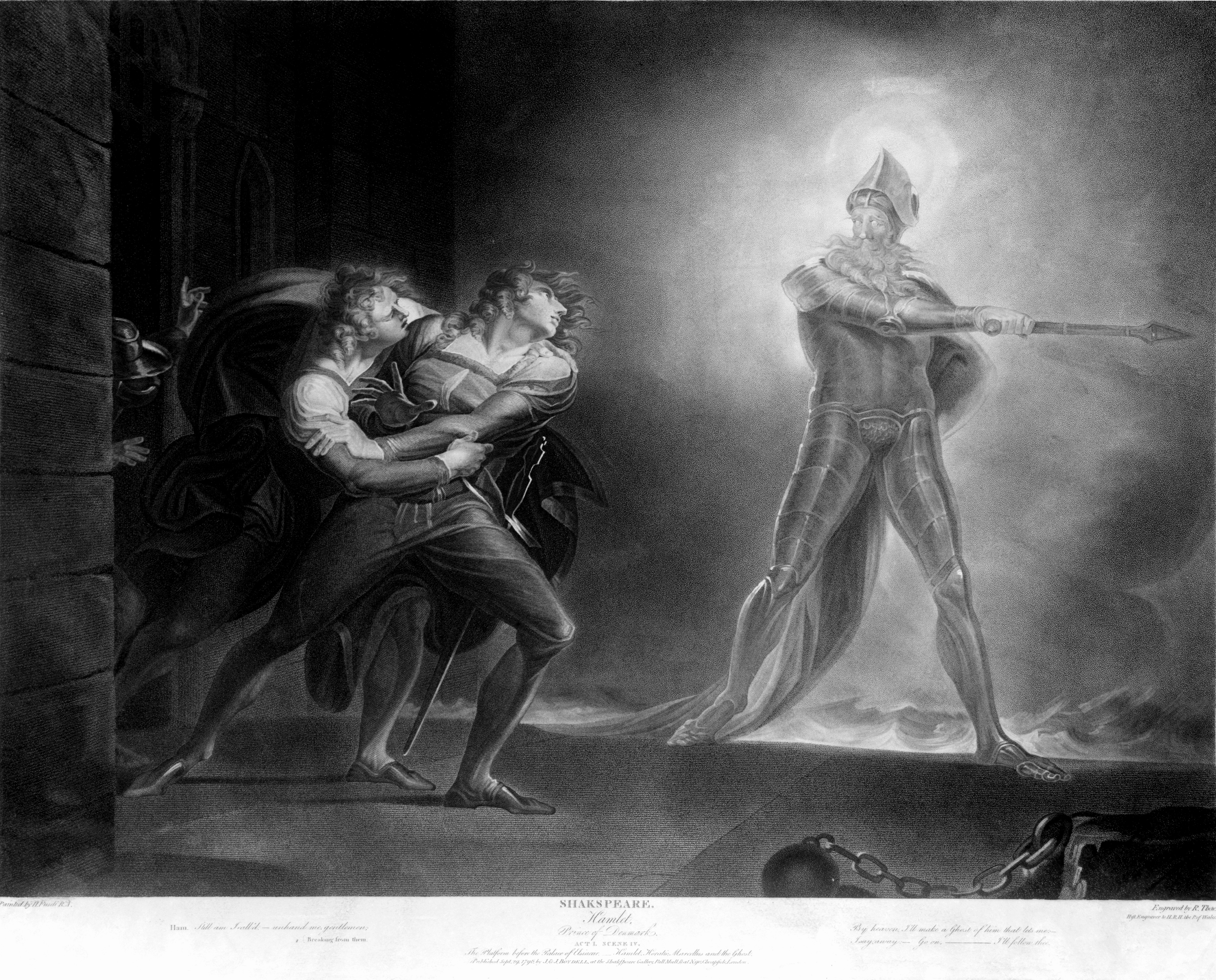hauntology
You may think that this is the study of the visitations of ghosts — but you’d be wrong. Much as I think there is scope for a study of how ghosts have shifted from being truly scary to being harmless entertainment, hauntology is not the place for this.
Hauntology is the study of significant ideas and memories that haunt us as individuals or as societies, in particular our dead futures. So why does a future die and become a ghost? You may have planned that in ten years time you would no longer be an employee but an entrepreneur. Your own boss. But it never happened. That perception of yourself possibly still pops up in your mind from time to time and shapes your view of yourself and what your future might now be. You may reach the point where you can no longer imagine a different future for yourself at all, hemmed in as you are by such presences. Societies have their shared ghosts, ideas that linger on after their force is spent, continuing to shape the perceptions and decisions of the collective.
The term hauntology was coined by Jacques Derrida, the French philosopher, as a pun on ontology. In French they both sound much the same. Derrida thought of hauntology primarily in the political context. He commented that, while many people said that Communism was dead, he thought that Marxism would be haunting us for some time to come.
